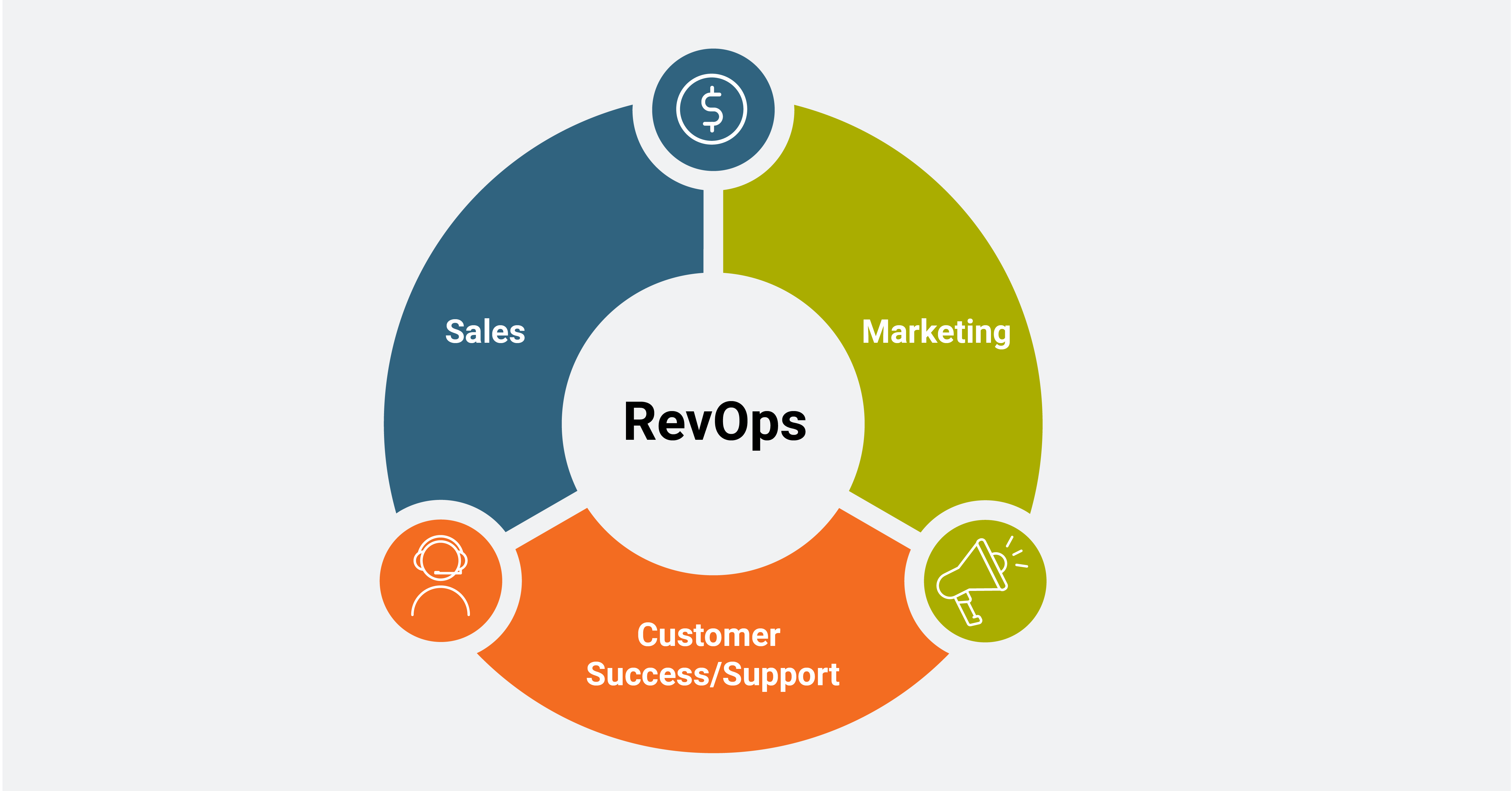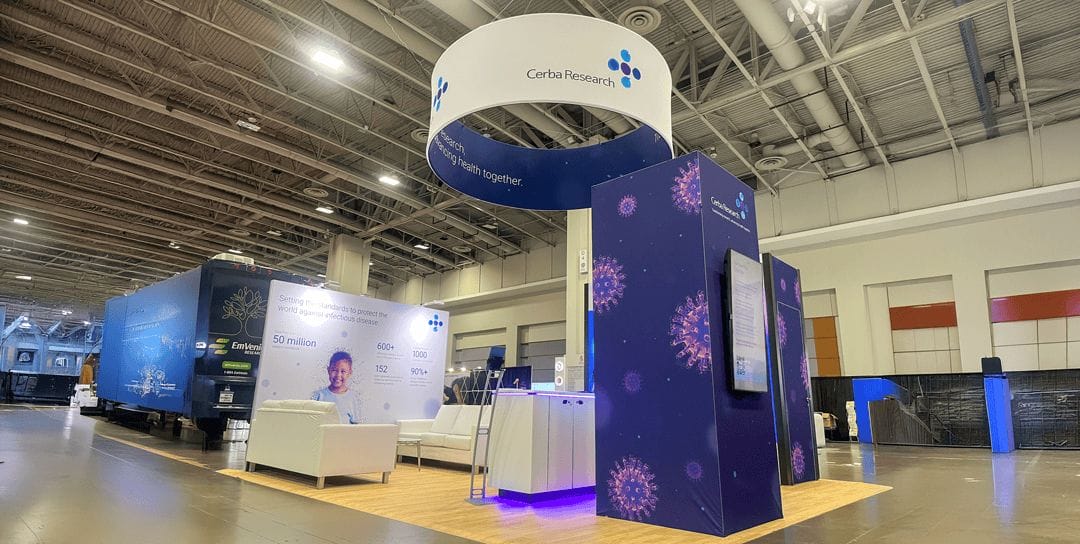[ad_1]
Although Alicia Wallace studied global development and earned a degree in economics — initially looking to work her way up the corporate ladder — she’d also spent a number of her younger years volunteering through her church’s international mission trips and with unhoused people in Seattle.
While working at a law firm during college, she was growing bored and wanted to travel and experience other cultures, so she volunteered to join a trip to Sierra Leone in 2009 with a group of doctors and nurses where she’d help patients check in to a clinic.
“My heart was broken by the experience. Men and women couldn’t fulfill their basic needs. Children with burns went without treatment for days and weeks,” she says. “I came back to the U.S. with a lot of guilt, and I decided I couldn’t wait until the last third of my life to do something about it. I had to do it now.”
In 2013, she and her business partner, Greg Stone, founded All Across Africa, which connects artisan communities and materials in Rwanda, Uganda, Ghana and Tanzania with business and infrastructure in the United States to provide wholesale and retail products.
KAZI, their San Diego-based company that falls under their All Across Africa parent company, employs almost 6,000 artisans in Africa and sells their handcrafted and sustainable cultural items through their website, Amazon storefront, and local boutiques. KAZI holds a Nest Seal of Ethical Handcraft designation — outlining standards for fair wages, benefits, sourcing of materials, a commitment to care for the surrounding environment, health and safety, anti-child labor policies, and workers’ rights — a symbol that identifies items being sold as ethically made in a home or small workshop.
Wallace, 35, is the chief operating officer of All Across Africa and lives in Ocean Beach with her husband, Jordan Epstein, and their children, Elijah and Eden (and they foster two children in Uganda). She took some time to talk about creating jobs in rural areas of Africa, what she’s learned from the women who create the handmade goods her company sells, and realizing her dream of living near a beach and driving a Volkswagen bug.
Q: Why was creating All Across Africa and KAZI something you wanted to do?
A: Through education and other outreach work, I met many African women who told me that consistent income could offer a life-changing impact for their families. I became inspired to find a way to make that happen.
Creating meaningful connections and income opportunities in marginalized communities became my mission. My goal is to break down barriers by connecting people and products across economic lines and countries to create meaningful, positive and inclusive social change.
I believe we each have a role to play in seeking justice, improving inequality, and creating peace in the world, and that building better businesses together can make that happen.
Q: What informed your decisions to acquire the Nest Seal of Ethical Handcraft designation for your products?
A: I met a director of Nest at a conference, and while she commended me for our efforts, she also pointed out the gaps and concerns major companies are facing when it comes to working with the handcraft sector.
The following year, we reconnected and Nest had just launched its seal at the United Nations and had certified three companies. We were the fifth, and the first independent company, with the seal. We have the Nest Seal in Rwanda, Uganda and Ghana and are working toward our seal in our latest country, Tanzania. Each year, the rigor of the seal becomes more challenging, but we think it’s important. We want to become better for people and the planet, and we appreciate the accountability a partner like Nest provides.
Q: Why Africa?
A: With a population more than 1 billion and a low labor demand, unemployment is as high as [7.3 percent in 2020, according to the World Bank, using data from the International Labour Organization] across sub-Saharan Africa. Throughout the continent, men and women need income that sustainable jobs provide to support their families with food, shelter, and education. Through my travels and conversations with women in these rural countries, I realized that if we could create jobs with fair/increased wages in these regions, charitable aid and poverty relief efforts would no longer be necessary.
What I love about Ocean Beach …
I’ve been here for nine years and have loved every minute of it. OB is a funky place with a lot of different people coming together — some to chill, some to create art, some to enjoy the beach. It’s a great place to return home to after lots of global travel to many climates and cultures.
Q: What have you learned from the women you’ve worked with in rural areas in Africa that you’ve been able to apply to your own life?
A: The women we work with have experienced tremendous adversity and pain. They have little access to healthcare, they know the pain of hunger for themselves and their children, they have experienced war, genocide, or famine; but they also have joy and they are present.
On my most recent trip in February, a huge rainstorm crushed our very busy timeline for the day. One woman got up and was working to squeegee the water out of the doorway so it didn’t flood into the center of the room where most of us were sitting. After a bit, she began singing. Then, she added a bit of a dance. Within minutes, all of us were up, singing and dancing, praising the rain for coming and blessing the fertile lands.
Q: You run a company that sells home décor items. What does the décor in your home look like?
A: I live in an apartment close to the beach in Ocean Beach and have so many different pieces throughout my house! I have a giant piece in my dining room that my 3-year-old tells me “came from outside” because it’s made of banana fibers and looks a bit like a tree. I like the idea of bringing the outdoors in.
I also have lots of baskets for my little ones’ toys — Eden has her favorite cars in a lidded basket, Eli has his toys in some Ghana storage baskets. I also use our handle oval baskets for diaper storage and the like.
Q: What has this work taught you about yourself?
A: It’s taught me how to persevere. Our artisans have given me an internal voice for when things are hard to tell myself, “If they can survive and thrive through that, I can do this.” My challenges and problems are still valid and real, but I now have a different perspective.
Q: What is the best advice you’ve ever received?
A: My business partner and I have encountered many challenges over the last 12 years of working together and nine years of running our business. We’ve created a mantra that we remind ourselves of when things get hard, “We’ve got this.” We continue to tell ourselves that, and believe it, even when it feels like the odds are stacked against us. It’s a little bit of “faking it ‘til you make it” and a little bit of the boost of confidence we need to persevere through the worst.
Q: What is one thing people would be surprised to find out about you?
A: I own a ‘79 convertible Volkswagen bug. I love it! My dream was to move from Seattle in 2013 and get a place near the beach and get a bug. I got the bug before I moved to San Diego and spent a few years refurnishing it. Now that my kids are getting out of diapers, I plan to beach cruise a little more than I have in the last few years.
Q: Please describe your ideal San Diego weekend.
A: Our ideal weekend is spent in Ocean Beach wandering the streets, discovering the pier, and going to the beach. We also love getting out of our neighborhood and exploring Balboa Park or heading out to see our friends and playing on the Shelter Island playground. San Diego has the most beautiful parks and kids’ locations in the world. I’m so grateful to live in this beautiful place.
[ad_2]
Source link







